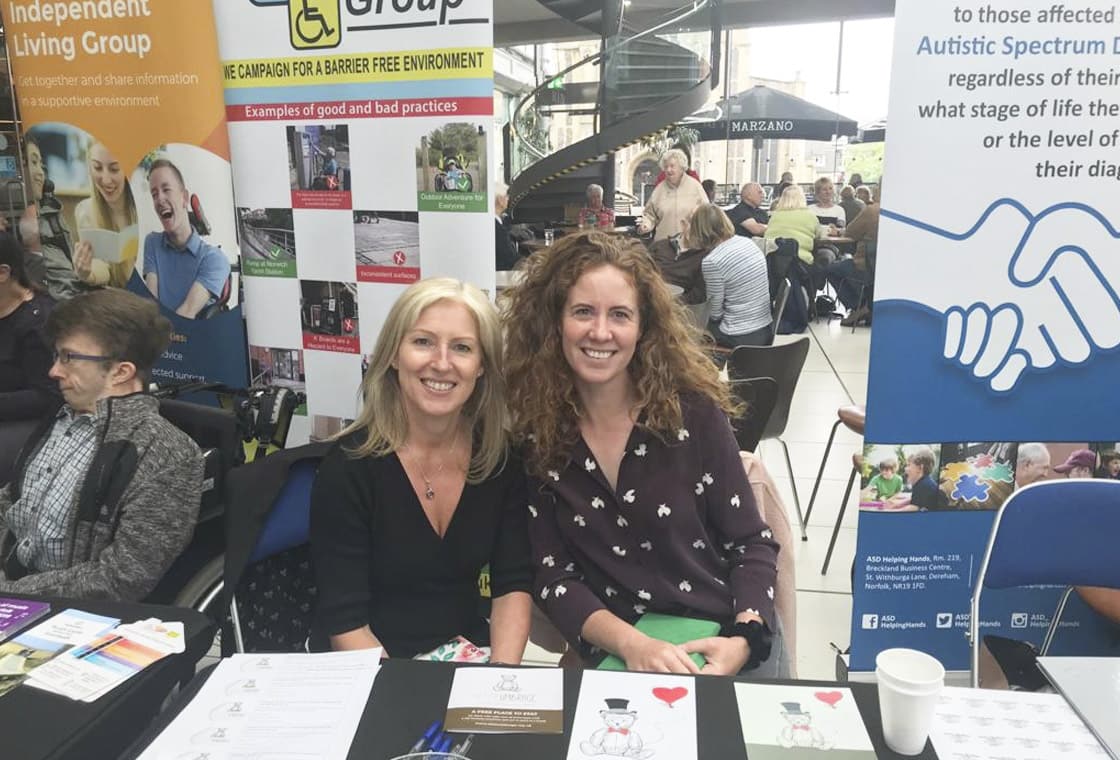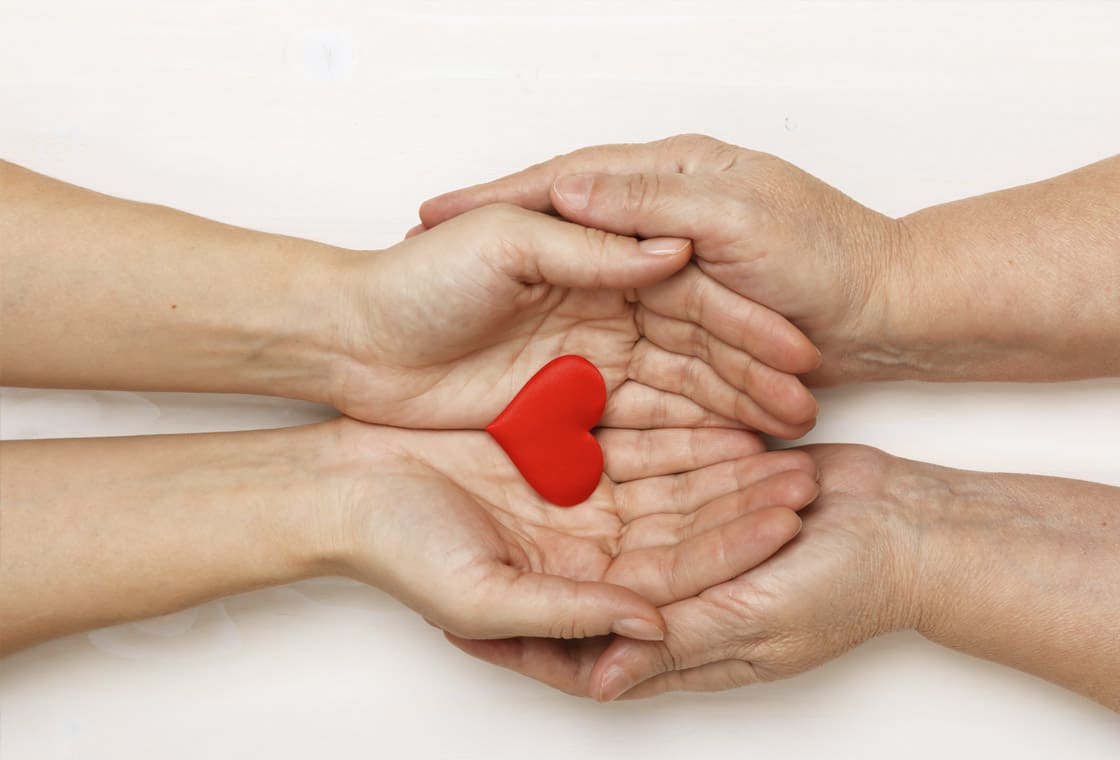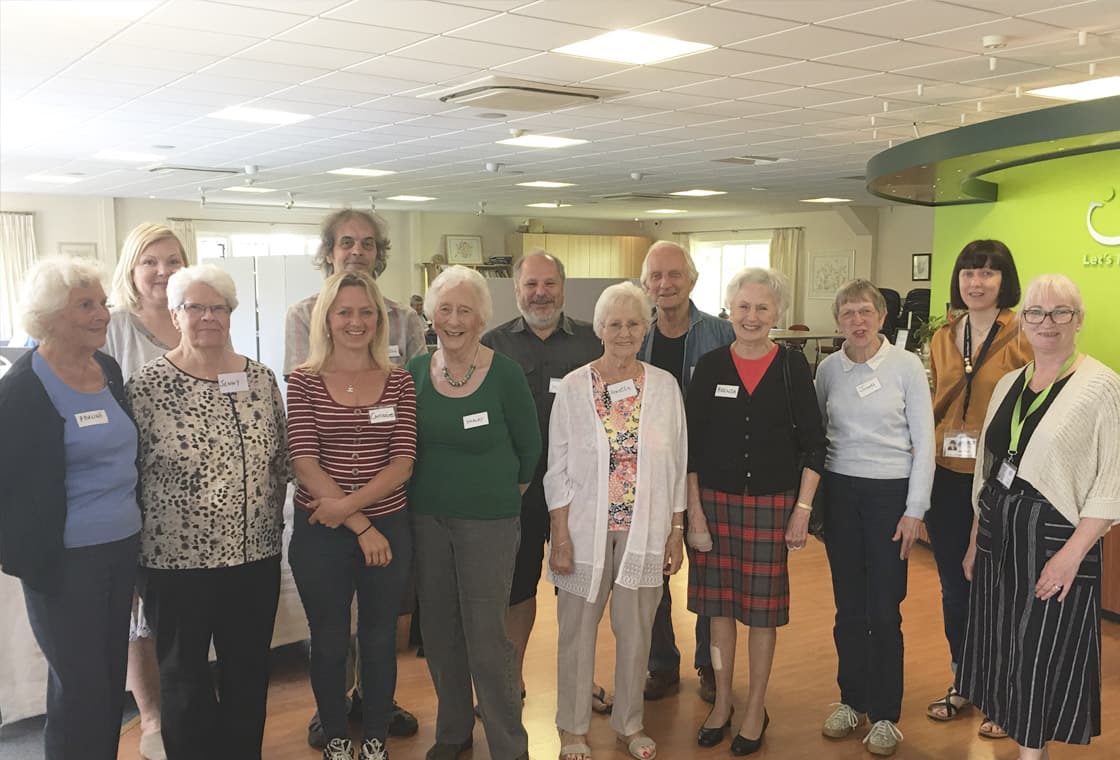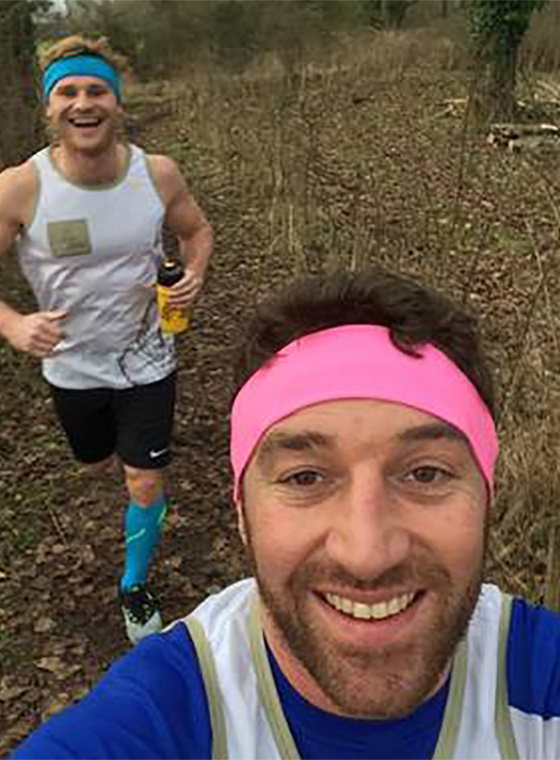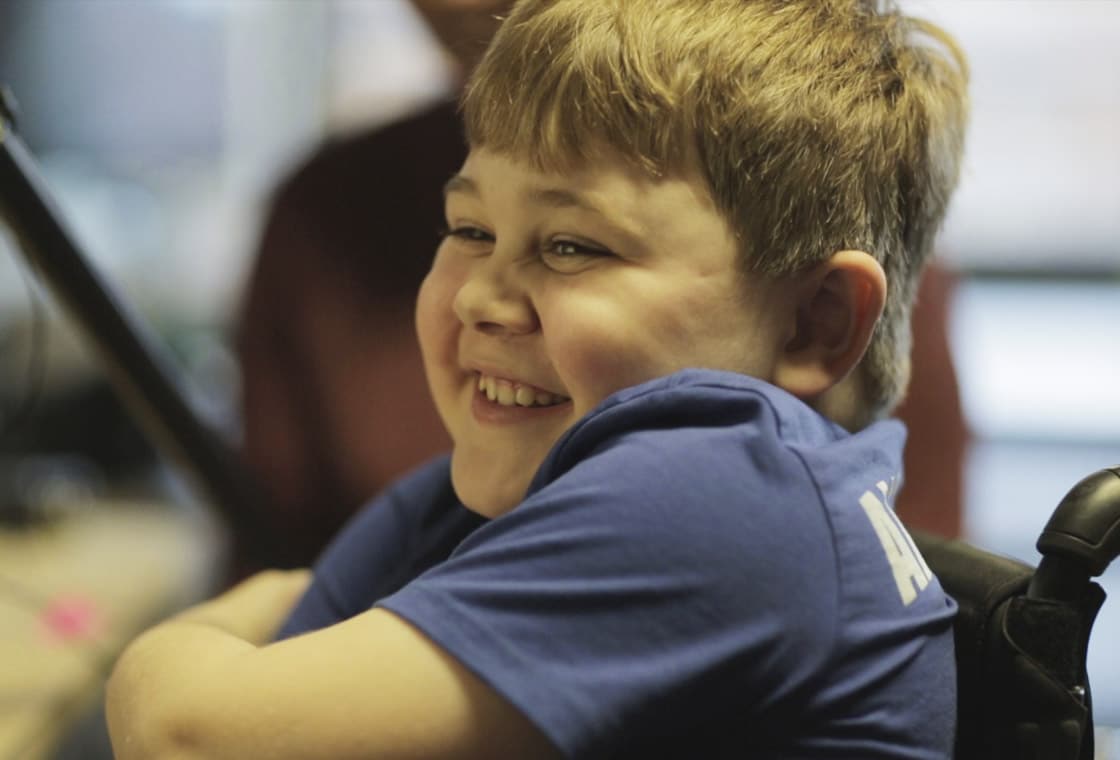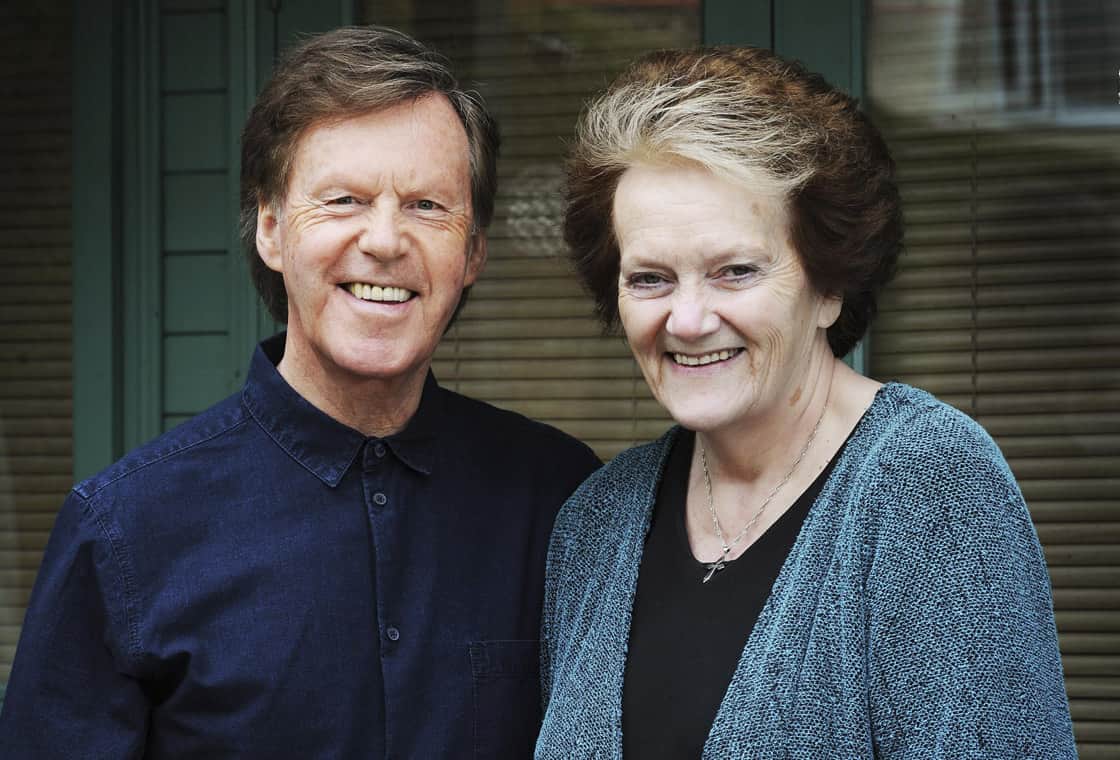Our loved ones teach us many coveted qualities and for Rachael, Alexandra taught her patience and enabled her to develop the power of courage and determination. Alexandra is ‘a force and a very strong character’ according to Rachael and her husband, Ian, who have cared for her every day of her 46 years.
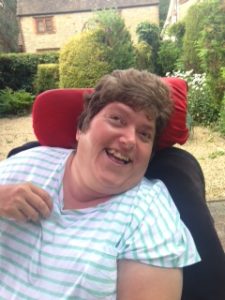
Alexandra Scott Hunter suffered a brain haemorrhage when she was four days old and has grown up with profound and severe learning disabilities. She is completely dependent on others as she can’t move, is partially sighted and non-verbal. She has amazing hearing and often delights the company she shares despite her suffering. She shows great courage through the multiple health challenges she faces, nearly not making it beyond 7 years old and again 14 years of age. Today, her severe internal medical conditions are causing considerable breathing problems, and the prescribed daily administration of Morphine she needs to help her are putting a real strain on her heart. She is a very poorly lady.
For Rachael and Ian, they enjoy being around her as her sense of humour is never far from the surface but they feel for her as her suffering continues. They say it is an honour to have had her.
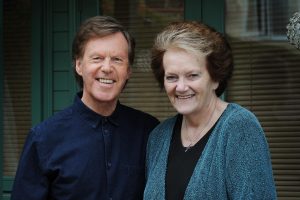
An uninterrupted night of sleep is something Rachael and Ian don’t experience whilst caring for Alexandra at home. The social care and support they receive is minimal, dropping noticeably when Alexandra became an adult. Dealing with discrimination has been one of their biggest challenges they have faced together as a family.
How did we meet the Scott Hunter family?
Rachael and Ian, from time to time, have respite care for Alexandra and during two such occasions have stayed at Kingham Cottage. It was Montgomery House Surgery that referred them to us. Rachael said that, ‘For me, it was being recognised that carers need to be looked after’, that was the benefit to her and her husband.’ It’s such an important message and one many or our visitors share. As Rachael says, it’s a lonely existence caring for loved ones with a life limiting condition and knowing someone understands this and offers support is a terrific help.
Rachael’s community spirit is strong and she is a member of Embolden, a project for older carers funding by Comic Relief. The aim of the project is to give a strong voice to family carers and to influence and hold decision makers to account within health and social care services.
Determination runs in the family
Rachael and Ian have faced untold challenges during Alexandra’s life, not least that care services are being cut consistently for learning* disabled adults in ways that have profound effects on the wellbeing of the adults and their loved ones. Rachael tells their story of cuts, closures of day time care centres and the merging of groups with entirely different needs on their website, Alexandra House of Joy. It’s a story that is ongoing with a terrific goal: to create an inclusive community, where adults with severe and profound learning disabilities can have a voice. The project will offer a centre in Bicester, Oxfordshire providing primarily day time support and respite services. It is their future intention to include hospice care once they are established. They are making huge progress and you can support them here.
Rachael says, ‘We want each person who visits to feel heard, loved and included.’
We hope Rachael and Ian visit Kingham Cottage again as our carers can have up to three free breaks of four days with us. The break, we hope, will continue to reinforce the message that there are organsations here to support carers and recognise that carers need looking after too.
